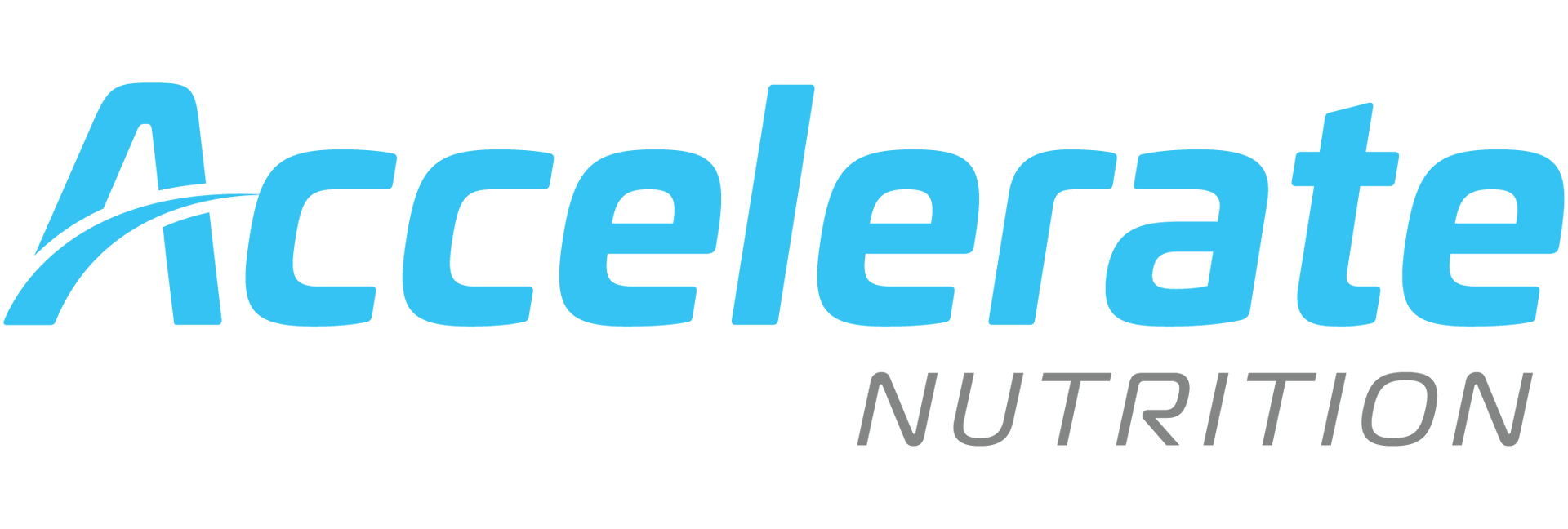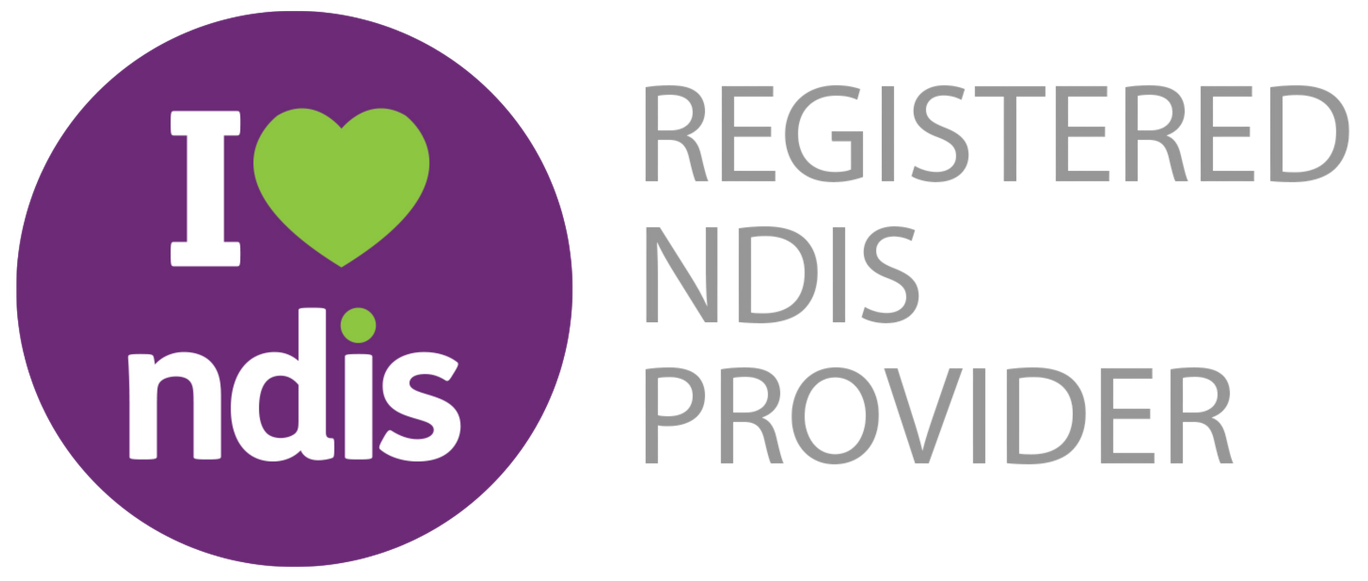Your FAQ’s Answered On Tube Feeding Support At Home
Support From An NDIS-Funded Dietitian Helps You Feel More Settled And In Control
Whether you're new to tube feeding or just want to tweak what you're already doing, this kind of support makes things smoother.
Dietitians bring knowledge, understanding, and real-life strategies to help you feel more confident.
You don’t have to figure this out alone. Families often say that what used to feel overwhelming now feels natural and easy to manage.
Having someone there to guide you - not rush you - can make all the difference.
Difference Between Dietitian and a Nutritionist:
A lot of people are confused about the difference between what a dietitian can do and what a nutritionist can do.
Nutritionist can give general advice, but when it comes to challenging issues or issues where there are multiple medical things at play, we would recommend working with a dietician.
Dietitians have a higher level of training and a high level of expertise than nutritionists are required to have.
Question 1: What Types Of Tube Feeding Do Dietitians Help With?
Dietitians can support any kind of tube feeding - nasogastric (NG), PEG or PEJ. Whether you’ve just had the tube placed or you’ve been using it for years, Dietitians can support you at every stage.
They help with choosing feeds, setting up routines, and managing any gastro-intestinal symptoms that may arise. They’ll look at energy and nutrients, fluid intake, comfort, and how the tube fits into daily life.
The focus is on support that works for your real routine - not a one-size-fits-all plan.
Question 2: Can This Support Happen At Home?
Yes, and many people prefer it. Home visits make it easier to talk things through and show the Dietitian how your setup works in real time.
You can stay in your own space - whether that’s a living room, bedroom, or kitchen - and get support that fits your life. If you’re in the Macedon Ranges or regional Victoria, you might also have the option for Telehealth.
Being supported at home is helpful if travel feels hard, if you’re managing other care needs, or if home just feels safer. It’s all about what works best for you.
Question 3: What Does A Dietitian Do During A Tube Feeding Appointment?
They start by listening. What’s working? What’s been hard? Is the current setup still the right fit?
They might look at:
- Feed timing and amounts
- Discomfort (like gagging, bloating or bowel concerns)
- How you store or prepare formula or blended food
- Your mealtime setup
Together, you’ll work out a plan that’s clear, calm, and easy to follow. Dietitians can also provide written feeding plans for support workers or SIL staff.
Question 4: Can Dietitians Train My Support Workers?
Yes. This is one of the most valuable parts of NDIS-funded nutrition support.
Training might include:
- How to give feeds safely
- What signs to look for if something’s not right
- Feeding during travel or activities
When support workers feel confident, everything feels more settled - for you and for them. This kind of training builds trust and reduces stress for everyone involved.
Question 5: What If My Child Has Sensory Needs Or Anxiety Around Feeding?
Feeding isn’t just physical - it’s emotional and sensory too. If your child gets overwhelmed, avoids feeding times, or shows signs of distress, a Dietitian can help.
They’ll offer suggestions that are kind, simple, and built around your child’s sensory needs. That might mean changing the lighting, offering more control, or adding comfort steps before feeding.
You don’t need to push through anxiety. There are gentle ways to build a feeding routine that feels safe.
Question 6: Is It Okay If I Use Blended Foods Instead Of Commercial Formula?
Yes - if your tube type allows for it and meals are safely prepared.
Blended meals can help families feel more connected to feeding. A Dietitian will guide you on safe preparation, portion sizes, and storage. They’ll also support your support workers to do the same.
This approach gives you flexibility and the chance to include familiar foods and flavours.
Question 7: What If We’re Struggling With Vomiting, Reflux, Or Tummy Pain?
These symptoms are often easily remedied. A Dietitian might suggest changing the timing of feeds, adjusting the amount, or switching formulas.
Sometimes it’s about posture, pacing, or the type of blend you’re using. Small changes often bring big relief.
You don’t have to put up with discomfort. Support is there to make feeding more comfortable and more predictable.
Question 8: How Do I Use NDIS Funding To Cover This Support?
Most people use Capacity Building funding under “Improved Daily Living.” Dietetic support is typically included when tube feeding affects health, comfort, or daily life.
You don’t need a referral. If your plan is plan-managed, self-managed or NDIS managed, you can book directly. If your plan is agency-managed, speak to your coordinator first.
Still not sure? A support coordinator or plan manager can walk you through it.
Question 9: What Happens If The Person Using The Tube Is Nonverbal?
No problem at all. Dietitians work with people of all communication styles.
They’ll observe, ask questions, and use tools like picture boards or devices if needed. They also take note of signs like energy levels, skin tone, or mood.
Everyone deserves care that feels personal - whether they speak or not.
Question 10: Can The Dietitian Write Reports For My NDIS Review?
Reports from Dietitians can help show the impact of support and outline what’s still needed.
These reports can include:
- Progress and changes
- Updated feeding goals
- Challenges to include in plan reviews
- Day-to-day feeding routines
It helps NDIS planners understand what’s helping - and what still needs funding.
Question 11: What If I’ve Tried This Before And It Didn’t Help?
That’s okay. Maybe the approach didn’t match your needs. Maybe it felt rushed. Maybe it wasn’t the right time.
Trying again with someone new can make a huge difference. When someone listens first and works with your pace, support feels very different.
You deserve to feel settled and understood. It’s okay to speak up and ask for something that actually works for you.
Question 12: Can Tube Feeding Still Feel Like A Normal Part Of Life?
Yes, it can. Over time, tube feeding can fit into your day like brushing teeth or making tea. It becomes familiar.
A good support plan will give you structure, flexibility, and freedom - not more stress. Feeding time can feel steady and even bring moments of calm.
You can still go out. You can still laugh over breakfast. You can still make space for joy.

Have More Questions About Tube Feeding Support?
Still have something on your mind? That’s okay. Every setup is different. Every family is different.
Support is here for all of it. Reach out anytime - there’s no rush, no pressure. Just calm help when you’re ready.






